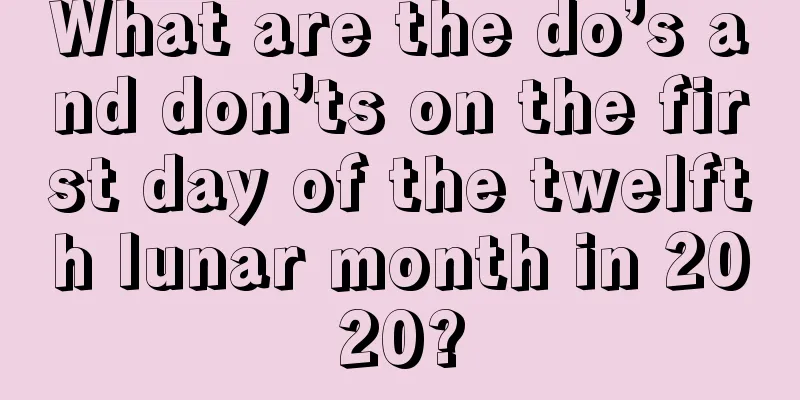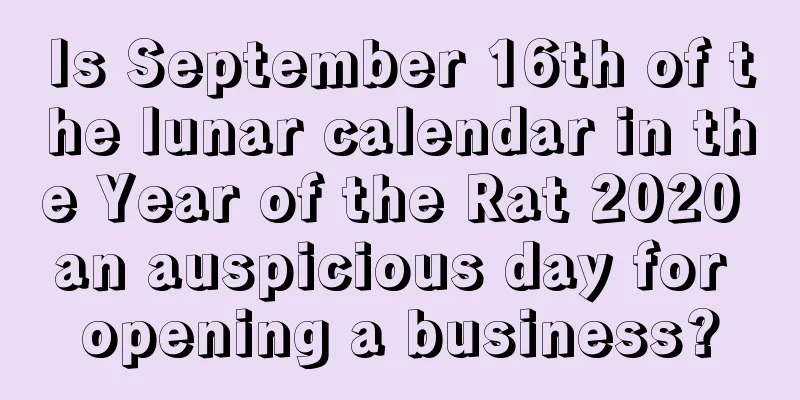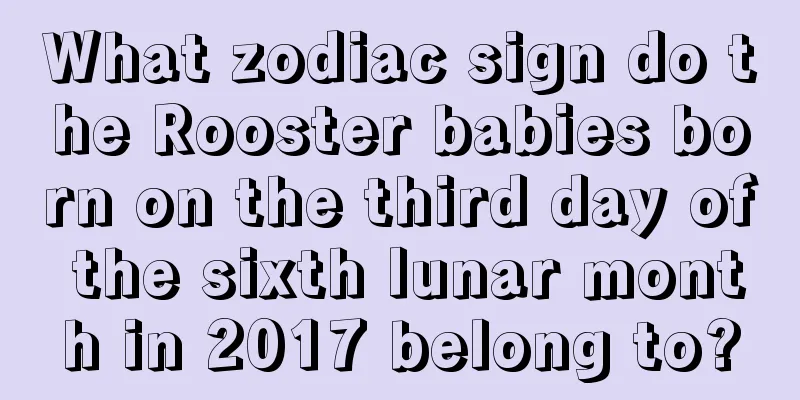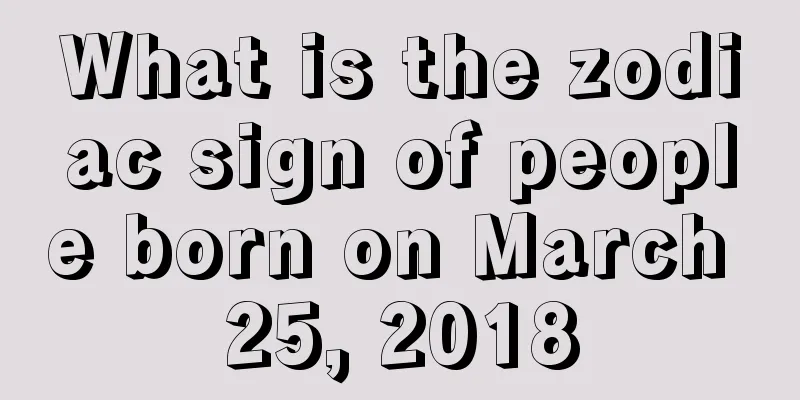What does “Dragon raises its head during the Waking of Insects” mean? When is Jingzhe?

Time always passes so fast. Unconsciously, we have come to the Jingzhe season of the new year. The spring rain is about to come to us earnestly. So what does "the dragon raises its head during the Jingzhe season" mean? If you want to know more about the first month of the lunar calendar in 2018, please pay attention to our fortune teller website!What does “Dragon raises its head during the Waking of Insects” mean?Jingzhe means that the spring thunder wakes up the insects that have hibernated during the winter. In fact, the time of the first thunder is not consistent in every place, it may be as early as February or as late as May or June. Therefore, what really awakens dormant insects is the warm weather in spring."When the soil is plowed during the Waking of Insects, the earth's energy will flow during the Spring Equinox." The Waking of Insects also heralds the beginning of spring ploughing. In the past, there was a folk New Year picture called "Emperor Ploughing the Fields". In the picture, the emperor wearing a crown and a dragon robe was personally plowing the fields. There is a doggerel on the painting: "On the second day of the second month, the dragon raises its head. The emperor plows the land and his ministers drive the cattle. The queen comes to deliver food, and the ministers throw away the seeds. The spring plows and the summer weeds lead the world. The harvest is abundant and the autumn is peaceful." It turns out that the Jingzhe Festival falls on almost the same day as "February 2, when the dragon raises its head" every year. Some people say that "Emperor Ploughing the Fields" is a satire on Zhu Yuanzhang, the founding emperor of the Ming Dynasty, who came from a farming family but forgot his roots. In any case, the fact that the emperor personally plowed the fields when the dragon raised its head also shows the importance of seizing the spring plowing season and not wasting time on farming. When is Jingzhe?Every year on March 5th or 6th, when the sun reaches 345 degrees of the ecliptic longitude, the "Qingzhe" solar term begins. Zhe means to hide. Among the 24 solar terms, Jingzhe reflects the phenomenon that natural organisms grow and develop due to climate change.Jingzhe occurs one month after the Beginning of Spring, when spring thunder begins to sound. Animals and insects that have been dormant for the winter end their hibernation and become active. For example, Tao Yuanming has a poem that says, "The timely rain in spring is hurried up, and thunder begins to sound in the east. All the hibernating insects are startled, and the grass and trees grow tall." In fact, insects cannot hear thunder. It is the spring coming back to life and the warming weather that make them end their hibernation. Modern meteorological science shows that the occasional thunder before and after the "Qingzhe" is because the earth's temperature gradually rises, which causes the near-ground heat to rise or the northward hot and humid air is stronger and more active. Judging from the natural phenological processes in various parts of my country, due to the large north-south span, the time when spring thunder begins varies. "Qingzhe" begins. thunder. , which only coincides with the climate laws along the Yangtze River Basin. On average over the years, thunder can be heard in southern Yunnan around the end of November, while the first thunder in Beijing occurs as late as late April. Since ancient times, the working people of my country have attached great importance to the "Qingzhe" solar term and regarded it as the day when spring ploughing begins. Over the past thousands of years, many agricultural proverbs related to Jingzhe have been summarized, such as "After Jingzhe Festival, spring ploughing cannot stop" and "When poplar flowers bloom in September, farm work begins." Even poets know that after Jingzhe Festival, farm work begins one by one, as a Tang Dynasty poem says: "A light rain makes all flowers new, and a thunderbolt marks the beginning of Jingzhe. Farmers have a few days of leisure, and then they start farming." Judging from the actual situation in various parts of my country, during the Jingzhe season, the winter wheat in North China begins to turn green and urgently needs water. Once there is a water shortage, the yield will be reduced. The folk proverb "Don't be afraid of a winter drought, just be afraid of the second and third months of the lunar calendar" expresses this truth. |
<<: What is the origin of the Lantern Festival? What are some poems about the Lantern Festival?
Recommend
When is the Great Cold solar term in 2022? Where is the God of Wealth on that day?
The 24 solar terms are the crystallization of the ...
Is August of the lunar calendar in 2022 suitable for proposing? Which day is the best for proposing?
The eighth month in the lunar calendar is a beauti...
Will hospitals be open during the National Day in 2019? Which days of the National Day are legal holidays?
Introduction: National Day is an important holiday...
Will we welcome the God of Wealth on New Year’s Eve in 2021? When should we welcome and send off the God of Wealth during the Chinese New Year?
New Year’s Eve is the last night of the year, and ...
Is it a bad luck to get married the day before Bailu in 2019? Analysis of the favorable months for marriage for girls of the 12 zodiac signs!
Introduction: Marriage is an important event in li...
What are the suitable days for signing contracts in November of the lunar calendar in 2018?
The eleventh month of the lunar calendar is also k...
Is a boy born on October 15, 2020, the Lower Yuan Festival, a natural fetus? Is the Lower Yuan Festival a good day?
Introduction: Children born on different days have...
Is the rat baby born on September 26, 2020 a Scorpio? What is the rising sign?
Introduction: The zodiac signs of children born on...
Is it auspicious to open a new business on May 28th of the lunar calendar in 2018?
The fifth month of the lunar calendar is a time w...
Is it a good idea to give a watch as a gift on Chinese Valentine’s Day in 2019? What are the other nicknames for Chinese Valentine’s Day?
Introduction: Chinese Valentine's Day is an im...
How will the fortune of people born in the Year of the Rooster be after the Lesser Heat in 2022?
After the Lesser Heat solar term in 2022, the over...
Is Valentine’s Day 2021 a good time to get married? What's the point?
Valentine's Day, also known as St. Valentine&#...
Is it suitable to set up the bed in June of the lunar calendar in 2020? Is the Great Heat in June of the lunar calendar in 2020?
Introduction: Generally, you need to choose an aus...
Is it good for a baby girl born on March 11, 2020 in the lunar calendar? How is her fortune?
A person's life fortune is generally divided i...
How are babies born on Laba Festival in 2020? Is their fortune good?
Introduction: The fate of children born on Laba Fe...









